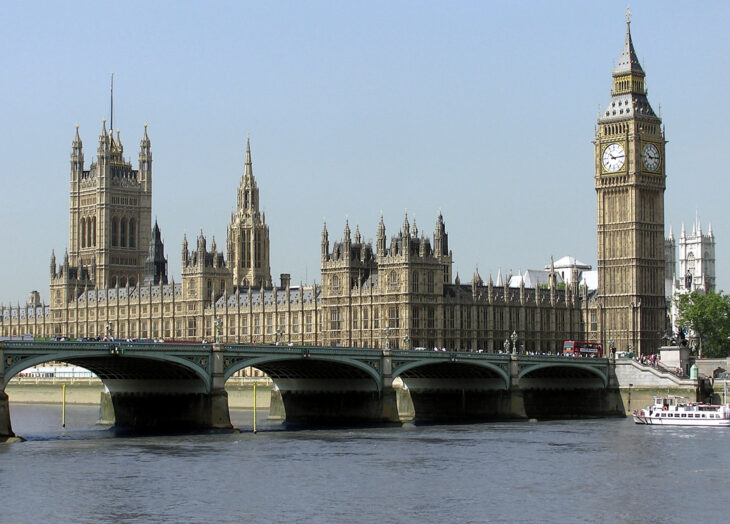
Bill of Rights Bill 2022
PRESS RELEASE dated: 23 June 2022
Academics for Academic Freedom (AFAF) say the government’s proposed
Bill of Rights should go further – and prioritise free speech above all freedoms
Academics For Academic Freedom (AFAF), says Dominic Raab MP, the Secretary of State for Justice, should ensure the government’s proposed new Bill of Rights ensures freedom of speech has priority over all other freedoms.
Released this week (22 June), the draft Bill of Rights aims to “empower people to express their views freely” by reinforcing the right to freedom of expression and giving it “greater weight in law.” AFAF founders believe the government should go further and prioritise free speech over other freedoms in the Bill.
AFAF, in its submission to the consultation on the proposed Bill, cited its co-founder, the late Professor Roy Harris, who argued, “Any proposed freedom may turn out to be an illusion if there has been no opportunity to test the freedom claimed against contrary opinions and unrestricted critical scrutiny. That requires freedom of speech. If we rely on anything short of that the freedom we had imagined we were exercising may be illusory.”
AFAF demands that free speech for students, lecturers and teachers in higher education is not restricted in the proposed Bill of Rights. AFAF campaigns for the opening paragraphs of any academic freedom provisions in the Bill of Rights to clearly state that freedom of speech is the foundational freedom on which academic freedom depends.
Dennis Hayes, co-founder and Director of AFAF, says, “Free speech on campus should not be restricted by “buts” written into informal rules, regulations and any new laws to do with free speech on campus. Academia is where we teach and test out ideas, not cancel them.”
“For nearly twenty years AFAF has argued that without freedom of speech the exercise of the freedoms to teach and research could not be subject to the unrestricted critical scrutiny they require. Academics would not even know what to teach or research without unrestricted freedom of speech. Freedom of speech is the forgotten freedom in the academy,” adds Hayes.
An extract from AFAF’s submission to the consultation
1. The Bill of Rights should clearly state in the opening paragraph that freedom of speech is the foundational freedom upon which all other freedoms depend. Professor Roy Harris – one of the founders of Academics For Academic Freedom – provided a clear statement of why freedom of speech should have priority over all other freedoms:
‘The general rationale for giving priority to freedom of speech can be stated very succinctly. For any proposed freedom F, being free may turn out to be an illusion if there has been no opportunity to test the freedom claimed against contrary opinions. In short, we cannot know that we enjoy freedom F –we cannot even know what exercising that freedom would be – until F itself has been subjected to and survived unrestricted critical scrutiny. And that in turn requires freedom of speech. For if we rely on anything short of that, the freedom we had imagined we were exercising may be illusory’ (Harris 2009: 126).
Such a statement would enable those drafting the Bill not to kill free speech by ‘buts’.
2. The Bill of Rights should clearly state in the opening paragraphs of any academic freedom provisions that freedom of speech is the foundational freedom on which academic freedom depends. Without freedom of speech the exercise of the freedoms to teach and research could not be subject to the unrestricted critical scrutiny they require. Academics would not even know what to teach or research without unrestricted freedom of speech (AFAF Statement of Academic Freedom, 2006). Freedom of speech is the forgotten freedom in the academy.
Reference
Harris, R. (2009) Freedom of Speech and Philosophy of Education, British Journal of Educational Studies, 57 (2) June 2009: 111-126.
(Photo Credit: Released into the public domain by its author, Arpingstone. This applies worldwide.)

